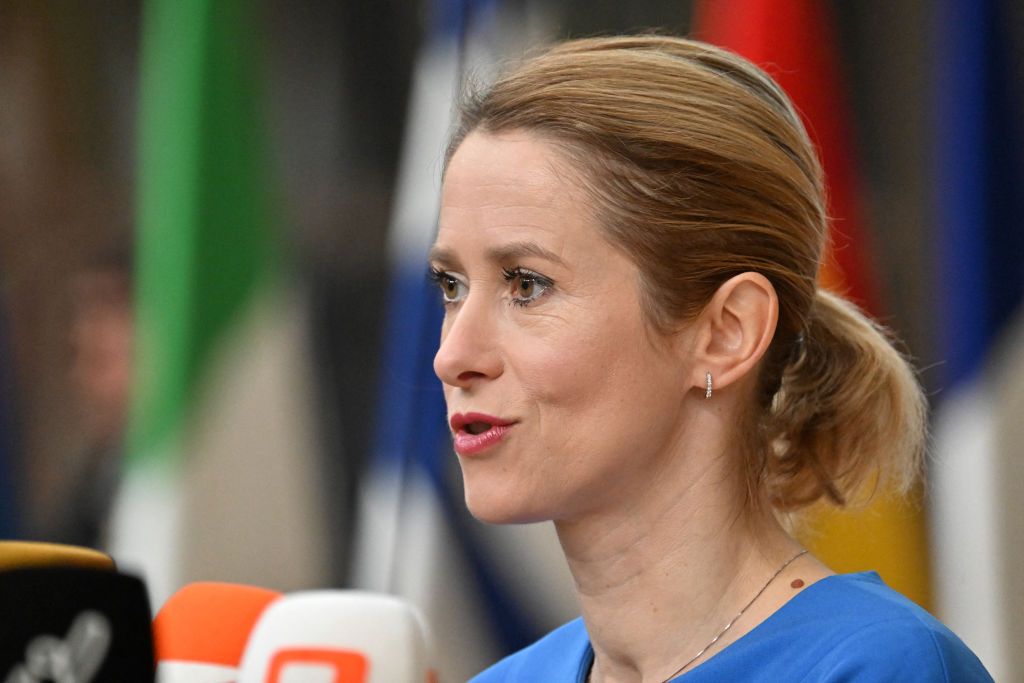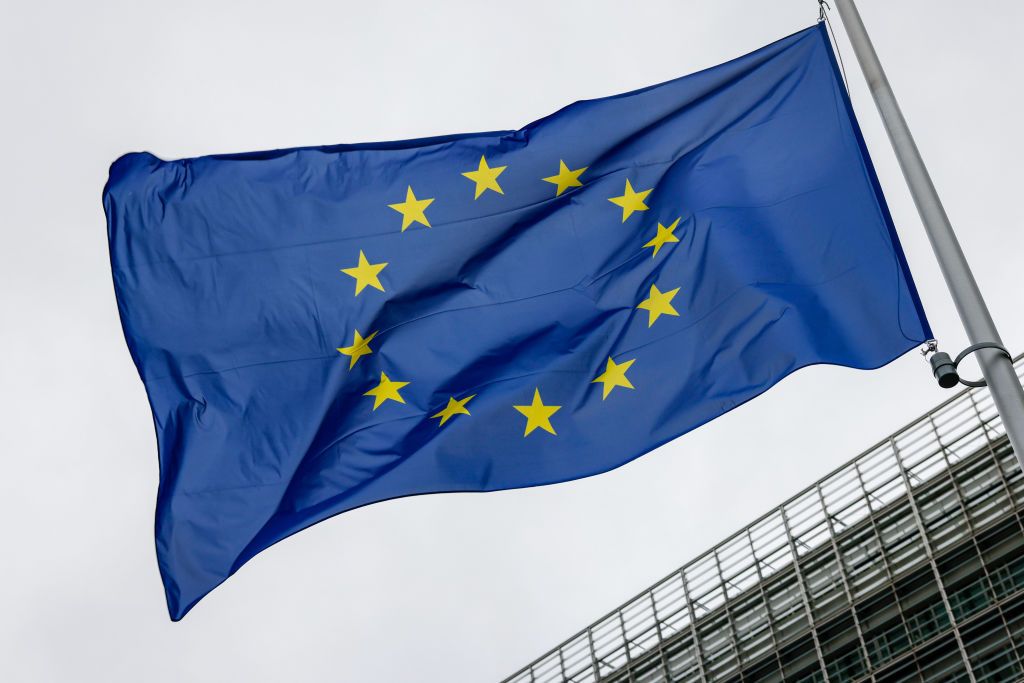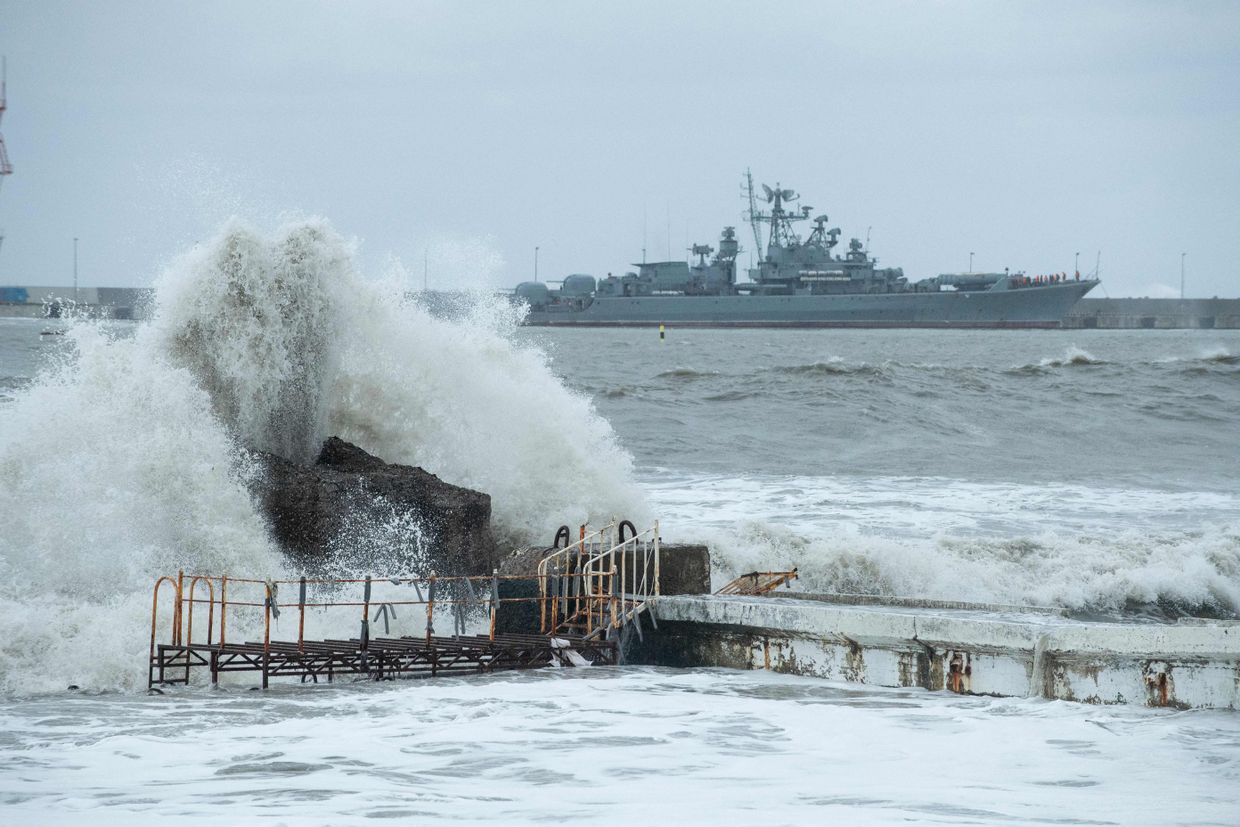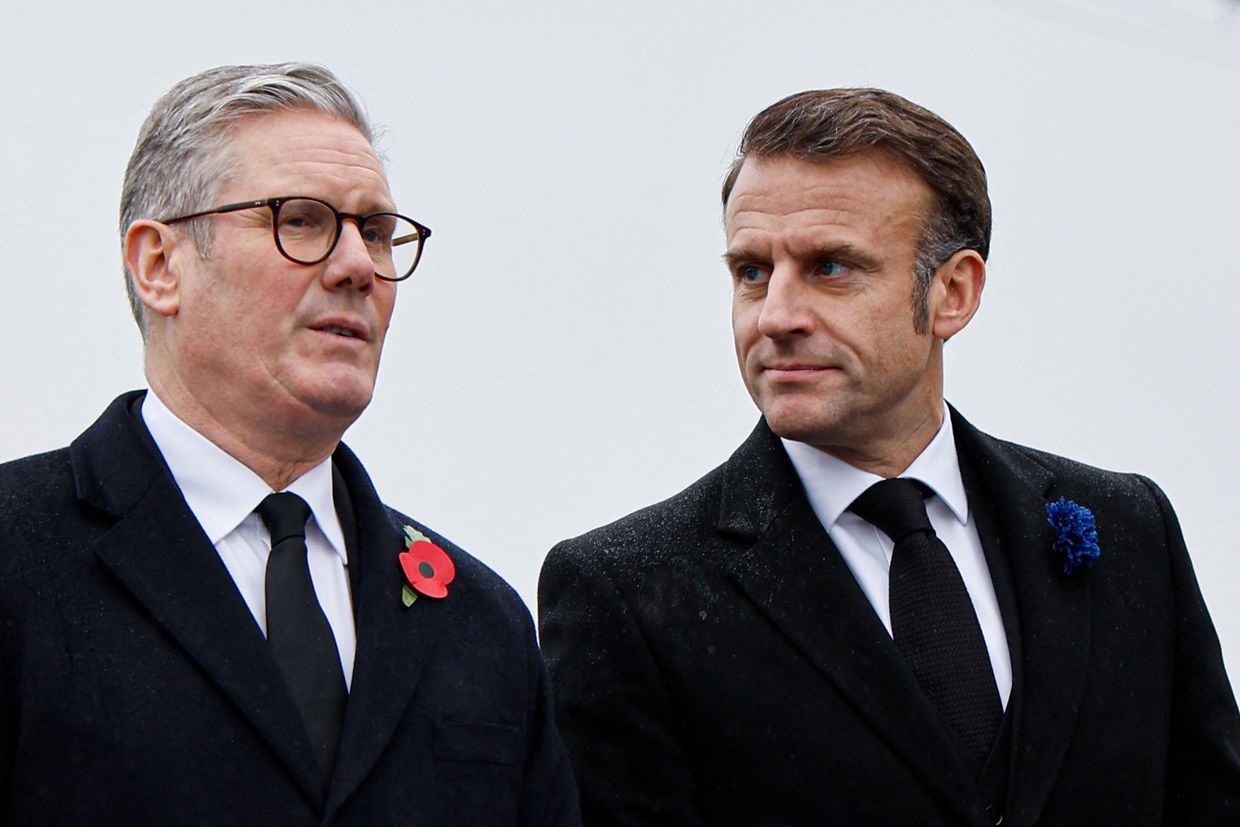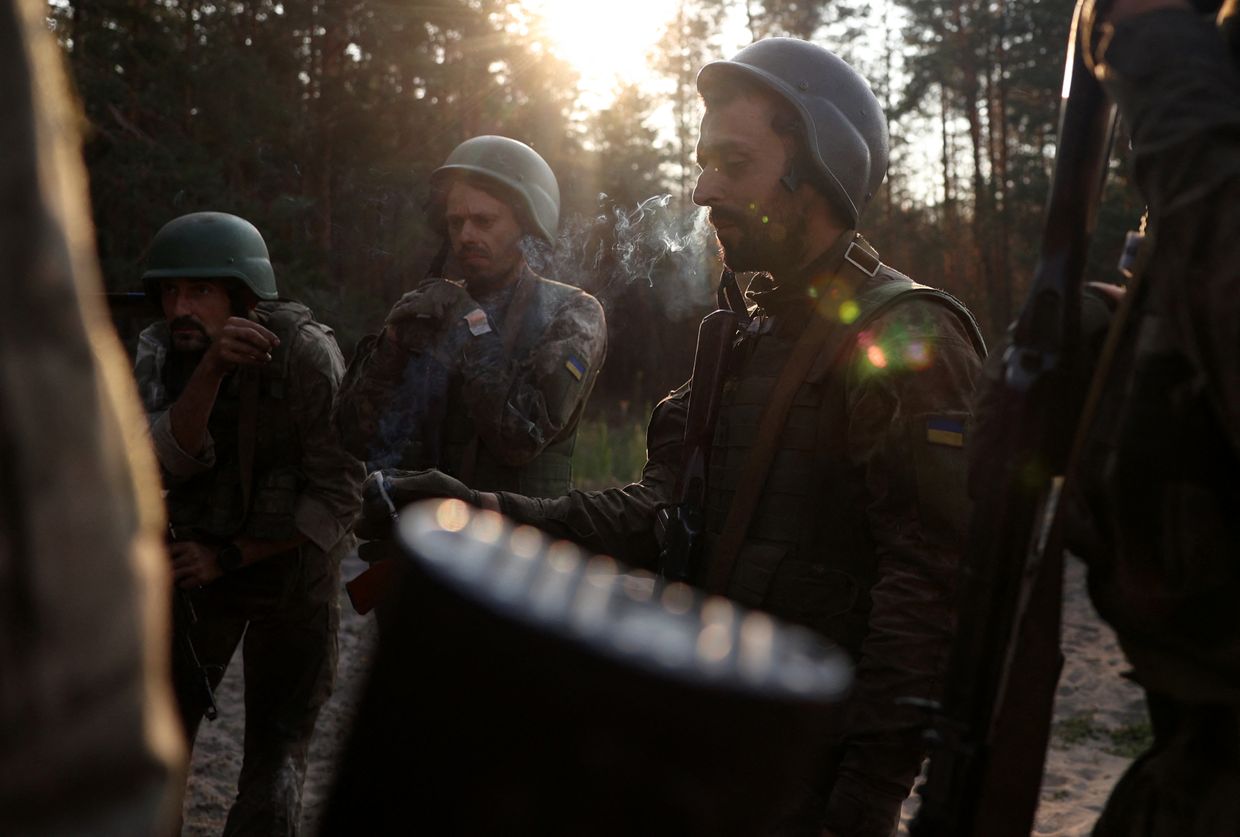Eight European Union foreign ministers called on the EU to ban Russian diplomats from moving freely around the bloc and restrict them to countries where they are accredited, Reuters reported on June 13, citing a letter it had obtained.
The call comes amid news of an uptick in sabotage operations in Europe that seems to be a part of Russia's effort to undermine assistance for Ukraine.
"Free movement of holders of Russian diplomatic and service passports, accredited in one host state, across the whole Schengen area is easing malign activities," Reuters said, citing a letter to EU foreign policy chief Josep Borrell.
Intelligence, propaganda, "or even preparation of sabotage acts are the main workload for a large number of Russian 'diplomats' in the EU," read the ministers' letter, dated June 11.
The ministers insisted that the EU follow the "reciprocity principle," restricting the movement of Russian diplomats and the members of their families to the territory of a state of their accreditation only.
"This measure will significantly narrow operational space for Russian agents," the letter added.
The letter was signed by ministers from the Czech Republic, Denmark, Estonia, Latvia, Lithuania, the Netherlands, Poland, and Romania, according to Reuters.
Poland previously announced it would impose restrictions on the movement of Russian diplomats in response to Moscow's "hybrid warfare."
"We hope that the Russian Federation will treat this as a very serious warning," Polish Foreign Minister Radoslaw Sikorski said on May 27.
Over the past six months, the Polish authorities have arrested 18 people on suspicions of pursuing hostile activities or sabotage in collaboration with Russia or Belarus, according to the Polish Interior Ministry.
Several other suspects have been arrested in recent months in Germany, Austria, Denmark, and Estonia for allegedly spying for Russia or other forms of collaboration with Russian intelligence.
